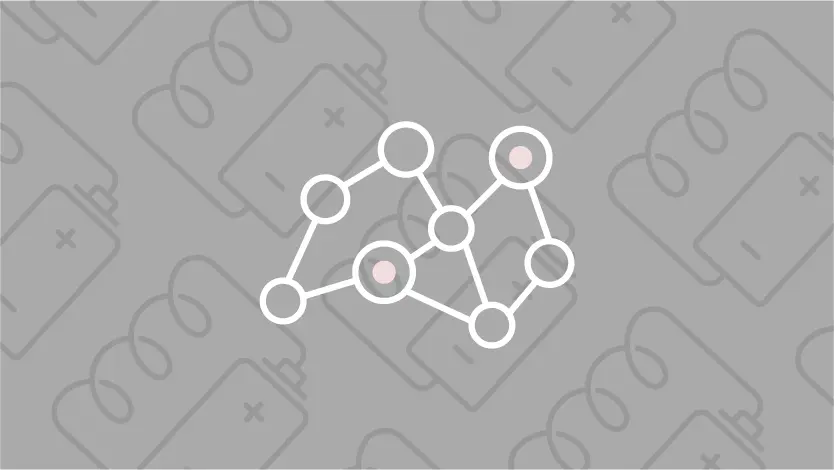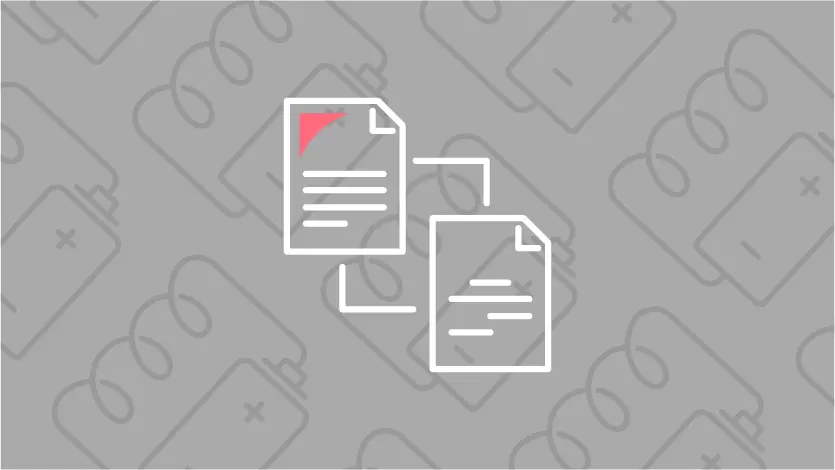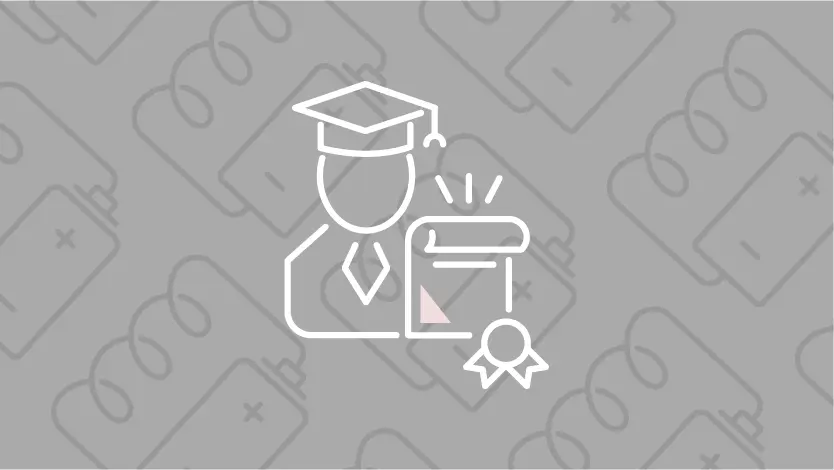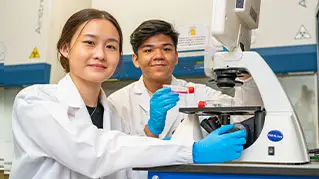
|
ESE1009 |
Artificial Intelligence in Engineering
This subject will cover the key concepts of Artificial intelligence (AI), Generative AI, and foundation models to prepare engineers for a future where AI applications will be pervasive. It will include considerations for the ethical and safe use of AI, as well as the impact of AI on engineering applications through real-world case studies. It will also cover essential AI techniques and Prompt Engineering skills, providing the foundation to leverage on AI for innovative solutions in engineering domains. The subject will provide skills practice for applications of AI for data augmentation, data analysis, prototyping and simulation, problem-solving and optimisation.
|
2 |

|

|
ESC1003 |
Chemistry
This subject provides the students with an understanding of the fundamentals of chemistry concepts and applications useful in the bioengineering field. Topics covered include the principles, theories and applications of physical, inorganic and organic chemistry, ranging from atomic structure and electron configuration, stoichiometry, the periodic table, chemical bonding, equilibria, electrochemistry, and thermochemistry to topics of organic chemistry covering the hydrocarbons, haloalkanes, the hydroxy, carbonyl and carboxylic acids compounds. Essential practical sessions on chemical experimentation are also covered.
|
4 |

|

|
ESE1008 |
Data Visualisation & Analytics
This subject covers the data analytics lifecycle, including gathering, cleaning, processing and visualising of data. Exploratory data analysis methods, descriptive and predictive analytics, and the presentation of insights, will also be covered.
|
3 |

|

|
EMA2003 |
Engineering Mathematics 3
This subject introduces Ordinary Differential Equations (ODE). In particular, it focuses on the formulation of engineering problems into first and second order differential equations. Some techniques in solving ODE and the applications of ODE will be discussed, including the use of Laplace Transforms and the calculation of Fourier series.
|
4 |

|

|
EBS1004 |
Human Anatomy & Physiology
This subject provides you with a basic understanding of human anatomy and physiology. Topics covered include the anatomy of the organs and organ systems and their functions.
|
4 |

|

|
EMD2002 |
Medical Devices
This subject discusses the fundamentals of medical devices generally used in hospitals, such as the electrocardiograph, electroencephalograph, electromyograph, therapeutic devices, as well as life-saving and support devices. The essential principles of safety and reliability of medical devices are also covered.
|
4 |

|

|
EMF2003 |
Medical Device Manufacturing Practices
This subject provides the fundamental knowledge of, and introduces good manufacturing practices in, the design and manufacturing of medical devices and pharmaceuticals. It covers design control, equipment maintenance, contamination prevention, qualification and validation, non-conformance handling as well as technical documentation.
|
4 |

|

|
EMD2001 |
Medical Electronics
This subject introduces fundamental instrumentation theories for biomedical applications and design requirements for the measurement of bio-signals. Topics include electrodes and transducers, bio-potential measurements, amplifier basics, as well as differential and instrumentation amplifiers. Filter designs, noise and electromagnetic interference issues are also discussed.
|
4 |

|

|
EBI3008 |
Medical Imaging & Informatics
This subject will cover Medical Imaging techniques and Health Information Systems with the implementation of IT in the healthcare setting. This covers decision-making in patient care, clinical workflow, network infrastructures, standards and interoperability issues, and patient data privacy and security.
|
4 |

|

|
EMC3006 |
Microcontroller Applications
This subject provides you with working knowledge on microcontroller architecture, the features and characteristics of the internal peripherals in the microcontroller, such as interrupts, Timer and PWM, in order to design and implement an embedded system that involves hardware and software interfacing. The subject also covers the features of evolving microcontrollers that support Internet of Things (IoT) applications.
|
5 |

|
/eng-t38.webp)







/eng-t38-1.webp)
/eng-t38-2.webp)
/eng-t38-3.webp)
/Clairene-Chng.webp)
/Clara-Poh.webp)
/Rohit.webp)
/eng-t65-tn.webp)

/eng-t56-tn.webp)



